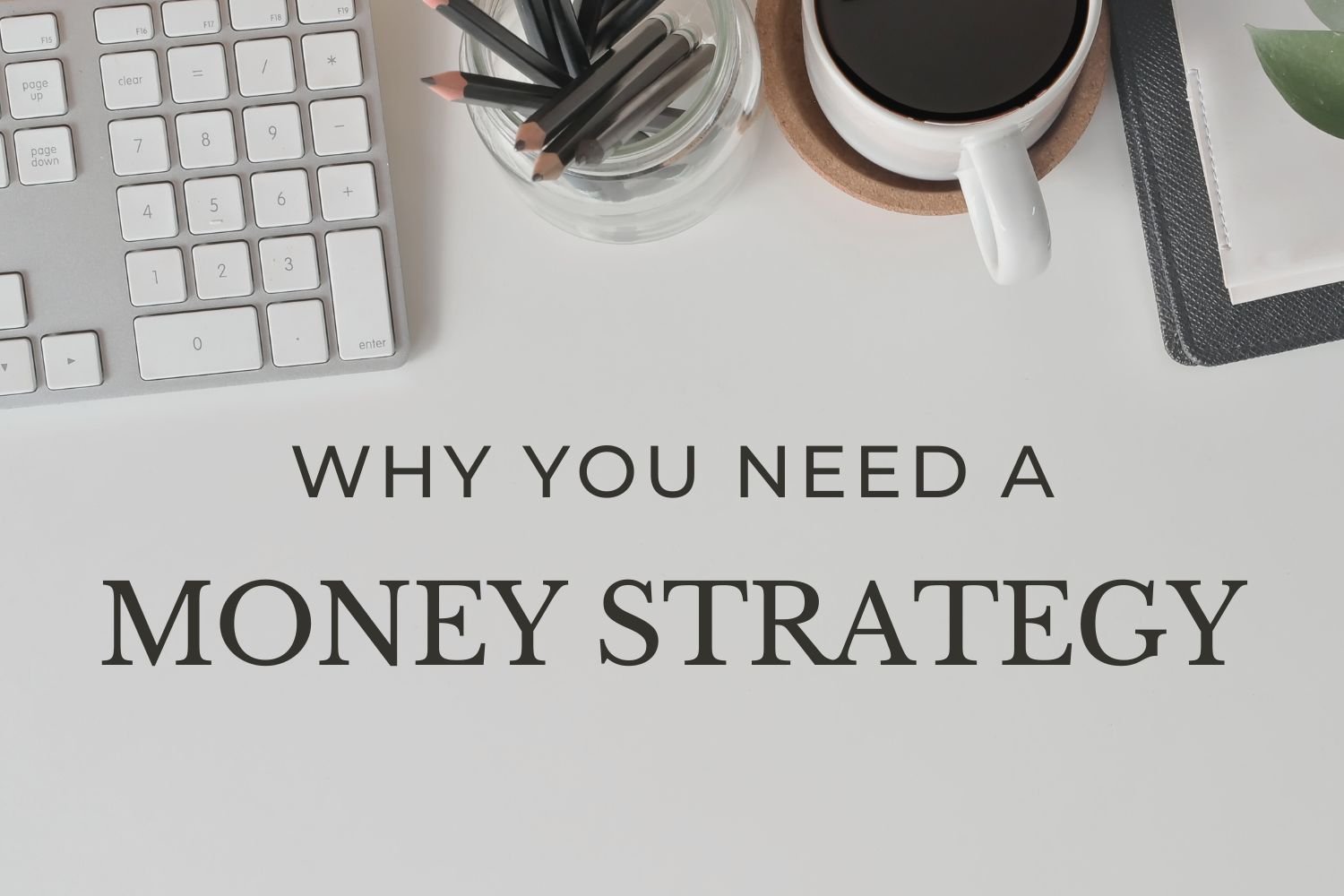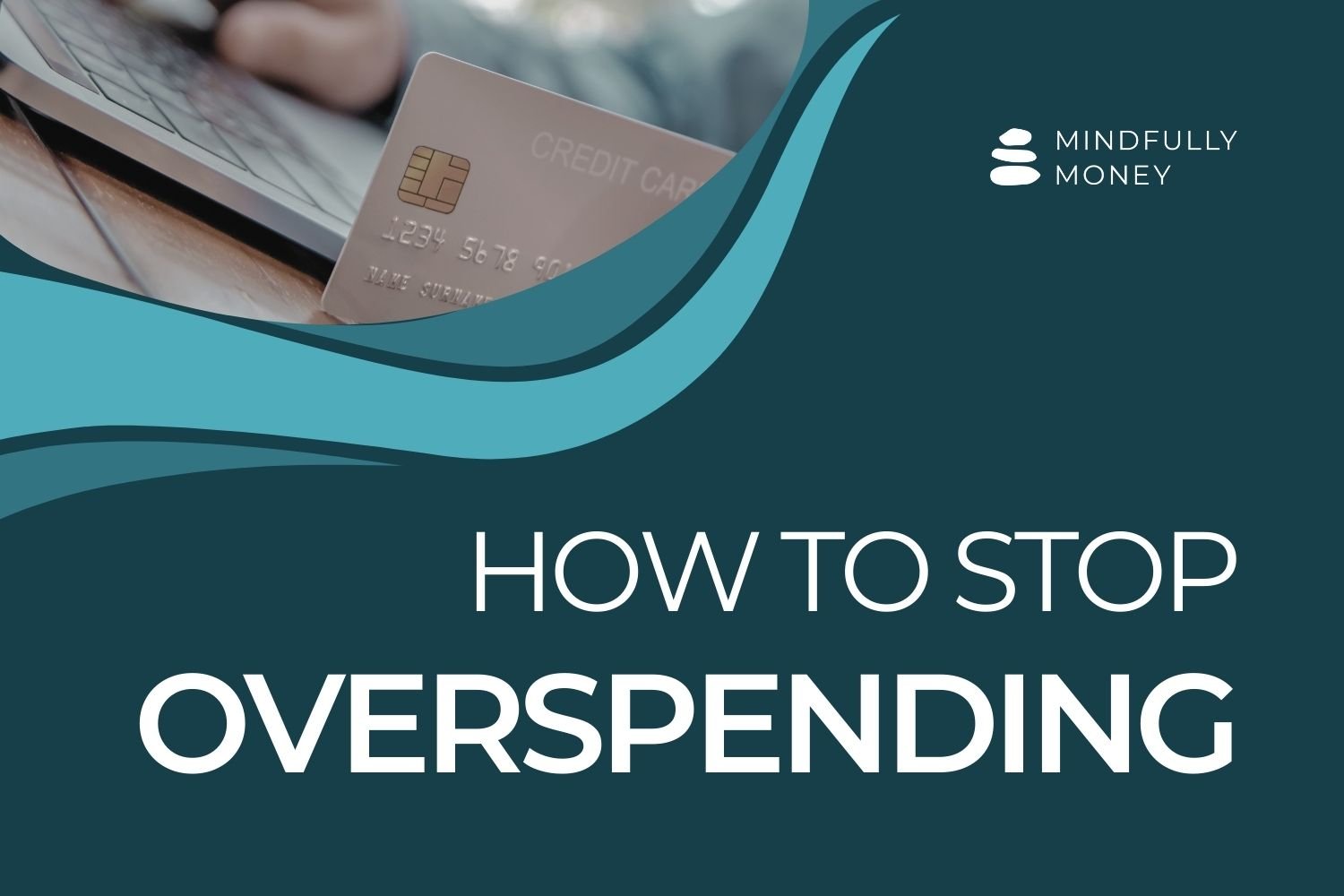Smart Ways to Use Your Tax Refund, Bonus, Or Other “Extra” Money
Expecting to receive a tax refund, bonus, or other chunk of money in the near future? If so, you might be wondering what to do with it. Sometimes the answer is clear, like if you need it for living expenses or have a particular goal that you’ve prioritized.
Pin for later!
But other times, the answer is not so obvious and it can be overwhelming to figure out where to even start. It can be especially hard when money is fairly tight and you have a number of financial goals. Should you pay off debt? Put extra toward your mortgage? Do something fun? Add to savings?
And if you want to save it, what do you save it for? Should you keep it where you can access it in case of emergencies? Put it in a Roth IRA? Or maybe start a college fund for your kids?
If you have multiple money goals and struggle to figure out which one(s) to do first, you’re not alone. Many people find themselves in this situation and it’s easy to get so overwhelmed that you do nothing and end up just spending the money on random “stuff.”
There is no one right answer for everyone when it comes to how to prioritize financial goals, but the tips below will help you figure out the right answer for you.
How to decide what to do with your tax refund, bonus, or other lump sum
1. Think about the big picture
Where do you want to be in five years, fifteen years, or in retirement? What do you want your life to look like?
When making small, immediate financial decisions, it’s important to keep the bigger picture in mind. When you think on a day-to-day basis, you are more likely to spend money on immediate needs and wants.
If you want to be more strategic and intentional with your money, think about where you want to be in the future. Then work backwards to decide which actions now would make your dream life more likely to happen.
2. Cover the basics
Building a solid financial foundation requires doing certain things first:
Paying for basic living expenses: food, housing, essential clothing, hygiene, etc.
Building up an emergency fund. Before you proceed to anything else, build up a savings of at least one month’s worth of essential expenses. Once you have that, you can start working toward other goals like increasing your emergency fund, paying off debt, and saving for retirement.
3. Build financial security
After you have taken care of the basic financial needs, you can start adding in other goals that will help you build basic financial security now and in the future. While some financial experts have a specific order in which you do things, I support a more nuanced approach.
Rather than paying off all your debt, then increasing your emergency fund, and then saving for retirement (as with Dave Ramsey’s Baby Steps), consider working toward multiple goals at once. These include:
Paying off high-interest debt (with interest rates over 6-7%)
Saving for retirement (at least enough to get any employer match, but ideally 10-15%).
Increasing your emergency fund.
The problem with doing only one of these things is that you are more at risk in the other areas. If you only pay off debt and ignore your emergency fund, you might end up with more debt if something happens. If you skip saving for retirement, you might miss out on thousands of dollars of investment growth or extra money from your employer. Paying off debt can take years, causing you to miss out on the single most important thing when it comes to investing: time.
So whether it is your normal paycheck or an extra chunk of money you get, consider dividing it up and doing all three. Or, if you have been focused on one of these, put your refund, bonus, etc toward one of the other two. This is a great opportunity to catch up on areas you’ve neglected.
4. Build financial independence
Okay, so you’ve paid off your high interest debt, you save 15% or more for retirement, and you’ve got a solid emergency fund. Now what?
At this stage the world of possibilities really opens up. Of course you can always save more for the future, but this is an opportunity to think beyond the basics and start creating your dream life.
Go back to step 1 where you thought about your financial goals and what you really want out of life. What things can you do to make that happen? Here are a few ideas:
Save the maximum amount you are legally allowed to save in a retirement account
Pay extra on your mortgage, car payment, or other low-interest debt
Save for a house or home renovation
Start 529 College Savings Accounts for your kids
Start your own business
Invest in a brokerage account
These steps are things that will help you expand your financial security and ultimately allow you to live the life you want without worrying so much about money.
5. Have fun or buy something you want
Although I’ve included it as the last step, I am not saying that you should avoid having fun or buying things you want until you’ve done all of the other things. This is your life and you should absolutely find ways to enjoy it.
If you’ve been working hard to pay off debt, save money, or get to a place of security, maybe now is a good time to spend your refund (or at least part of it) on something you just want. Finding room for fun in your budget is important because it can improve your overall quality of life and keep you motivated to keep going.
Yes, you must be responsible with your resources, but if you have some extra money, there’s no need to feel guilty if you occasionally buy stuff that makes you happy.
The important thing is that you are being intentional with your time, money, and energy so that you can get the most satisfaction out of life. When you are expecting more money, whether it is a tax refund, bonus, gift, or even a raise, be proactive and decide to do something with that money. Use it in a way that works for you, no matter what that looks like. Because we all know that money is going to go somewhere. You might as well tell it to go somewhere you want.













